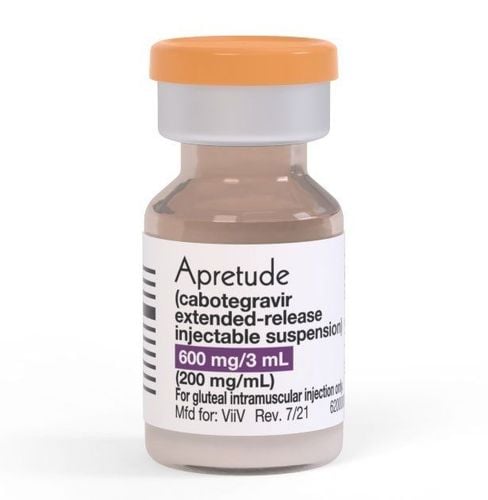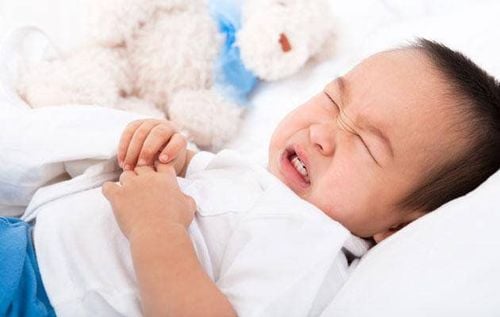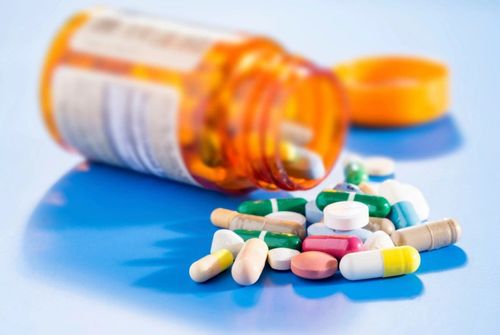This is an automatically translated article.
The article is professionally consulted by Doctor Department of Medical Examination & Internal Medicine - Vinmec Hai Phong International General Hospital.
Diarrhea can be caused by many causes, can be caused by bacteria, viral infections, parasitic infections... And one of the most unexpected causes is the use of antibiotics. This is a side effect of the arbitrary use of antibiotics.
1. Why do antibiotics cause intestinal dysbiosis?
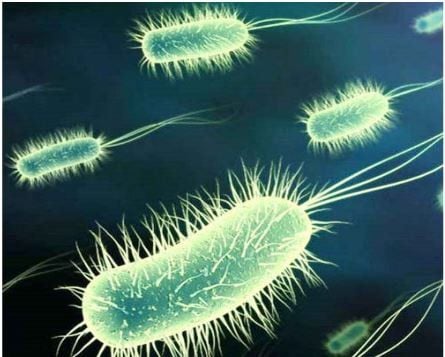
Normally, in the human intestine, there are always different groups of beneficial bacteria available. These beneficial bacteria always maintain a balance that helps in the digestion and absorption of nutrients as well as the elimination of harmful substances. It also reduces the effectiveness of pathogenic bacteria in the intestinal tract.
An antibiotic is a substance that even at the lowest concentration has the ability to kill and inhibit the growth of bacteria. When using high-dose and long-term antibiotics, antibiotics will destroy both the benign bacteria available in the intestinal tract, disrupting the natural balance causing dysbacteriosis. Dysbacteriosis will promote the growth of harmful bacteria present in the intestinal tract, or harmful bacteria that enter from the outside, causing diarrhea or antibiotic-associated enteritis.
Antibiotics have many different groups, each group has brand-name drugs that are capable of causing an imbalance of bacteria in the body. Therefore, experts recommend that if you want to use an antibiotic, you must know which group the antibiotic belongs to, especially when you want to use a combination of antibiotics. Some of the antibiotics most likely to cause intestinal dysbiosis are ampicillin, cephelosporins, erythromycin and clindamycin.
2. Typical symptoms of antibiotic-associated bacterial infections
The symptoms of dysbacteriosis are usually quite mild and go away on their own when antibiotics are stopped. Sometimes causes severe diarrhea called pseudomembranous enterocolitis.
The main manifestations when the patient has intestinal dysbiosis is passing raw stools, loose stools several times a day and no fever. If the patient has diarrhea due to other causes (infection), fever, diarrhea is also more severe, accompanied by symptoms of vomiting, abdominal pain.
Some patients are immunocompromised, malnourished, have a serious illness accompanied by long-term and high-dose antibiotics that can cause more severe diarrhea as mentioned above, which is inflammation. pseudomembranous colon.
When pseudomembranous enteritis will have symptoms such as diarrhea, watery stools, possibly blood, nausea, vomiting, abdominal pain and fever. In these cases, it is necessary to take the patient to the doctor for testing, accurate diagnosis and timely treatment.
3. How to treat intestinal dysbacteriosis?
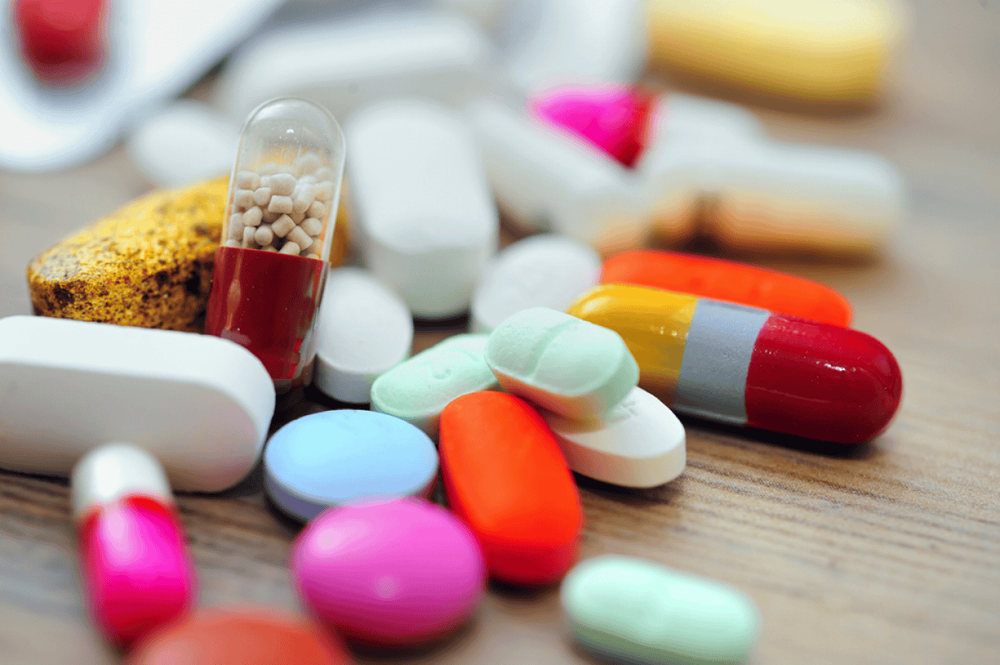
To limit antibiotic-associated intestinal dysbiosis, patients need to strictly follow the treatment regimen of the doctor, do not arbitrarily use antibiotics without a doctor's prescription.
Mild cases should stop using antibiotics, symptoms will gradually decrease and disappear. When mild or severe dysbacteriosis is still required to take antibiotics, it is necessary to support other microbial products containing probiotics and prebiotics. These two substances will help rebalance the bacterial strains in the intestinal tract.
In the case of using more microbiological products but the symptoms are still not relieved, it is necessary to see a doctor for the most timely and accurate plan.
4. What to do when the child has intestinal dysbiosis?
Parents need rehydration is the most important thing when children have intestinal dysbiosis. Because with young children, small body weight, diarrhea will cause dehydration and electrolytes will quickly reduce circulating volume and electrolyte disturbances. Children need to drink enough water as soon as the child has diarrhea to replace the lost water.
At home, parents can rehydrate their children with oresol solution or hydrite tablets. When making rehydration solution, you must follow the instructions for use and do not split the oresol or hydride tablets to make many small times. The water solution that has been prepared for more than 12 hours must not be drunk again. The rehydration of the child should be done until the baby's stools are thicker and less than 3 times a day.
Nutrition for children with intestinal dysbacteriosis is also very important. The child's diet should be reasonable, with softer, more liquid food than usual, feeding the baby in small meals and especially ensuring all 4 food groups. If the baby is still breastfed or formula fed, continue to do so.
Pediatrics department at Vinmec International General Hospital system is the address for receiving and examining diseases that infants and young children are susceptible to: viral fever, bacterial fever, otitis media, pneumonia in children, .... With modern equipment, sterile space, minimizing the impact as well as the risk of disease spread. Along with that is the dedication from experienced doctors who specialize in pediatric patients, making the examination no longer a concern for parents.
Please dial HOTLINE for more information or register for an appointment HERE. Download MyVinmec app to make appointments faster and to manage your bookings easily.




